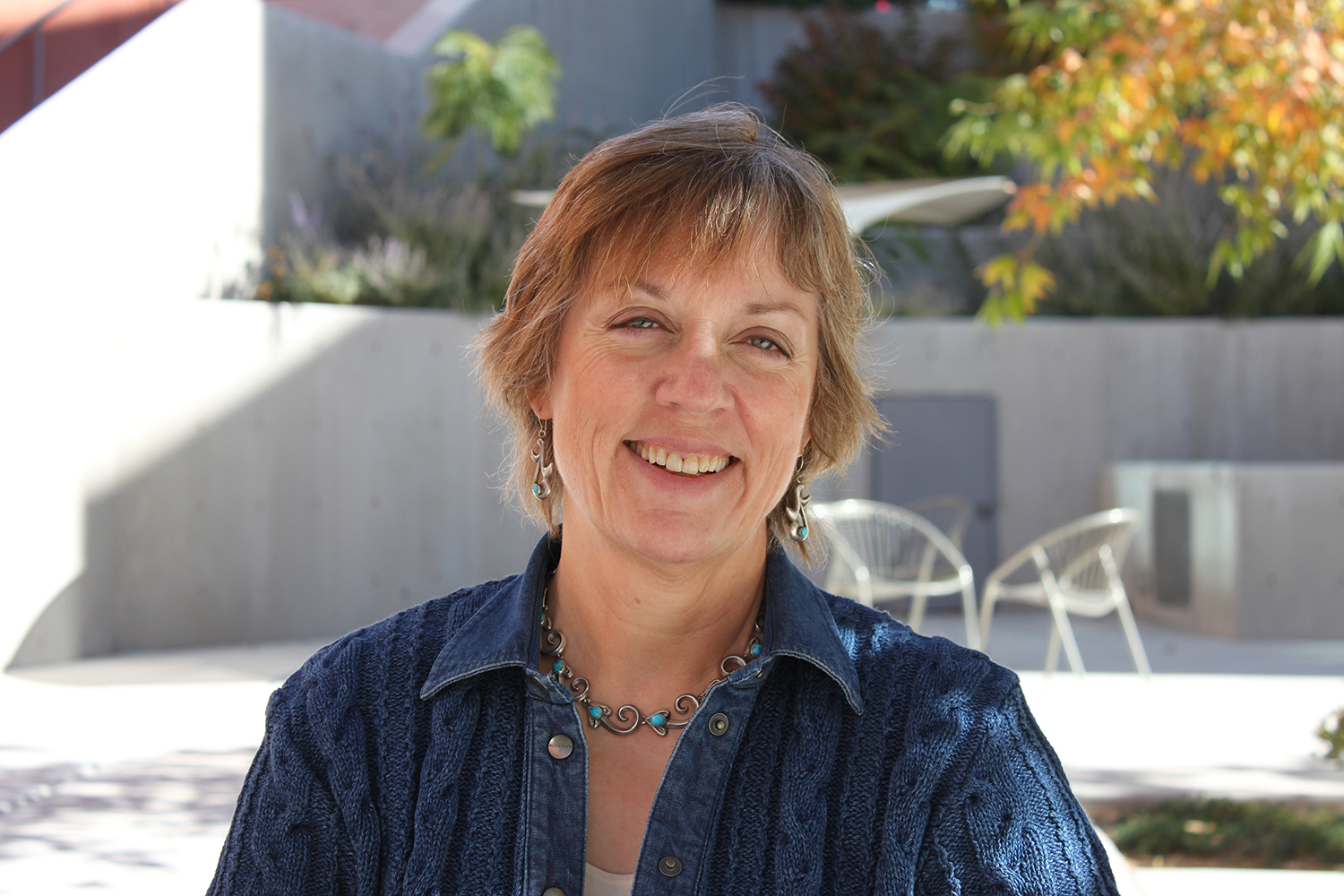University of New Mexico Health Sciences physicians have won a seven-year renewal of a federal grant to participate in the Neonatal Research Network, a consortium of academic health centers that share data about caring for newborns at high risk for complications.
UNM is one of 15 clinical centers participating in the network, which is funded by the Eunice Kennedy Shriver National Institute of Child Health and Human Development (NICHD), said Kristi L. Watterberg, MD, professor emerita in the UNM Department of Pediatrics, who serves as co-principal investigator on the grant.
The consortium enables the pooling of data on prevention and treatment of a host of illnesses affecting term and preterm infants, Watterberg said.
“We do a number of studies looking at extremely preterm infants because they have a higher risk of morbidities and mortality,” she said. “Our preterm birth rate has been stubbornly immovable for many years, higher than many developed countries.”
The UNM researchers also have the capability to follow some of the preterm infants for several years after birth to see whether they are experiencing lasting disabilities.
The network was started in 1986 by NICHD, she said. “They recognized that trying to do research in this very small population was difficult in any one center.” UNM was part for the network between 1991 and 2001, then rejoined in 2006 with Watterberg as principal investigator.
Through the years research coordinated through the network has led to clinical trials for the prevention and treatment of chronic lung disease, brain hemorrhage, pulmonary hypertension and retinal disease in premature infants, among other conditions.
Until 2022 the co-principal investigator on the UNM grant was Janell Fuller, MD, a professor of Pediatrics, who recently swapped roles with Watterberg and is now principal investigator.
UNM Hospital neonatologists see about 40 preterm infants each year – some as young as 22 weeks – and they come with a host of complications that require heroic measures, Fuller said.
“They get a breathing tube right at birth,” she said. “They are given artificial surfactant directly into their lungs and central lines through the umbilical code.” The infants are also monitored for conditions such as brain bleeds and retinal detachment, and remain on feeding tubes in an incubator until their weight approaches four pounds.
New Mexico’s ethnic and racial diversity makes it a valuable member of the network, Fuller said.
“We are one of the smaller sites in terms of patient enrollment,” she said. “That’s one of the things of value that we bring – the patient population and its uniqueness in comparison to other ethnicities. Even though we are a small center, the intellectual contribution we’ve made over the years is impressive.”
Fuller cited as one example a multi-site 2022 study published in The New England Journal of Medicine with Watterberg as lead author that concluded the use of hydrocortisone to treat bronchopulmonary dysplasia in preterm babies was ineffective. “We don’t have a lot of research to base many of our therapies on,” she said. “That’s why the network is important.”


